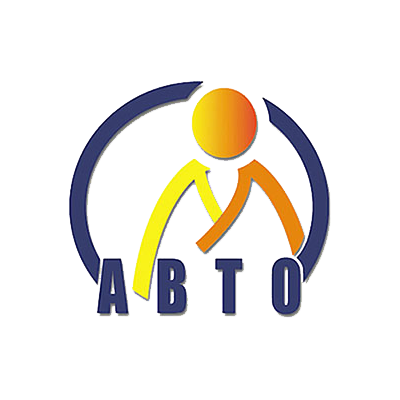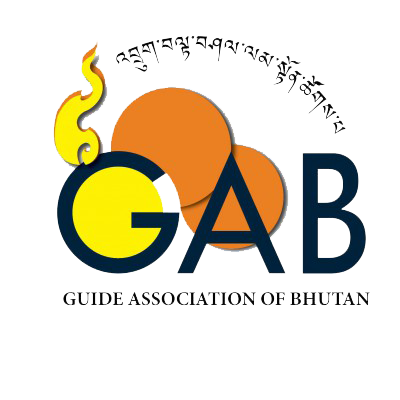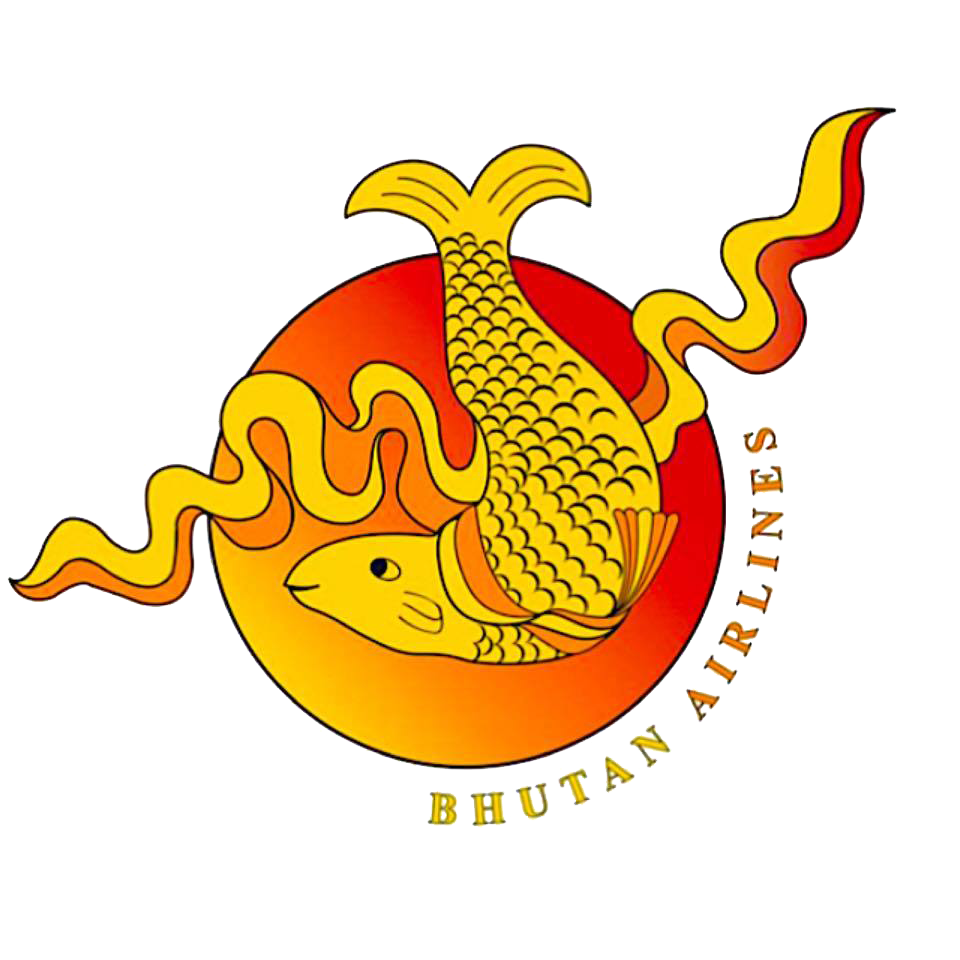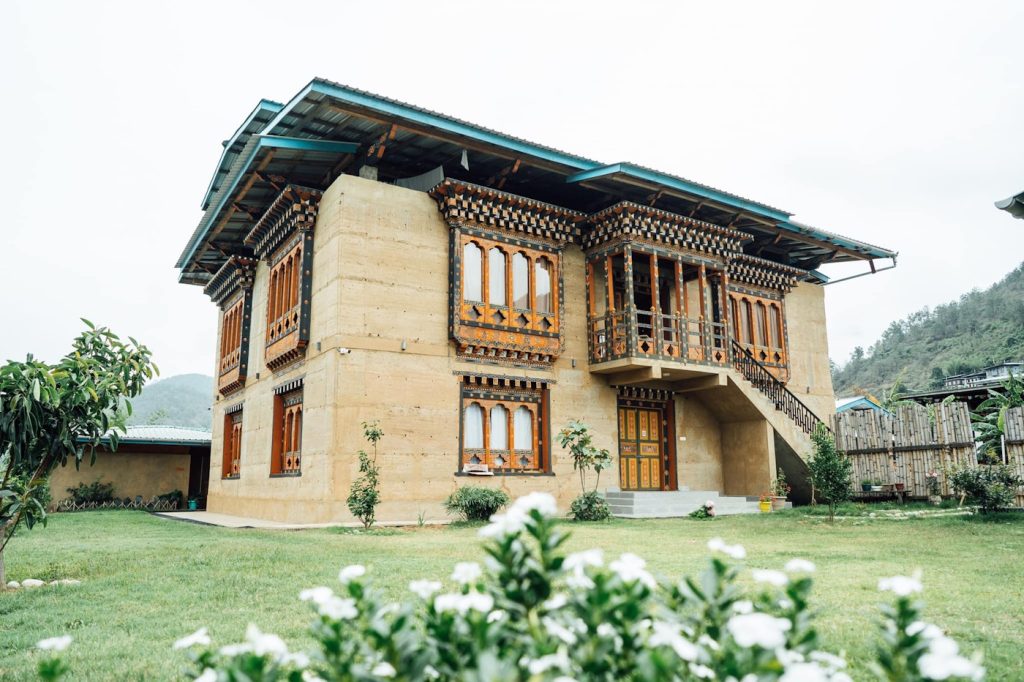









Bhutan Ancestors Home Travel is a renowned travel company operating by senior most tour guide with over 20 years of experience in the tourism industry. The company, which specializes in presenting Bhutan’s distinctive culture, heritage, and natural beauty, is well-known for providing genuine and enriching experiences. Through customize and carefully planned tours with a deep understanding of the local traditions and a passion for creating memorable journeys. The family of Bhutan Ancestors Home Travel ensures every visitor discovers the heart of Bhutan.
Bhutan, a small kingdom nestled in the Himalayas, is renowned for its unique geographical location and rich cultural traditions. This mysterious nation is bordered by China towards to the north and India towards to south, west, and east.
Capital Thimphu
Summer: 20°C – 25°C
Winter: 0°C – 10°C
CURRENCY
Ngultrum
International Airport
Paro
LANGUAGE
Dzongkha
Whatever your travel style, we’ve got you covered!
Networking Opportunities
A registered member of the Department of Tourism (DOT), Guides Association of Bhutan (GAB) and the All Bhutan Tourist Operators (ABTO), our company’s primary aim is to ensure excellence in all areas of operation.




The best time to visit Bhutan is during the spring and autumn seasons that offer unique and unforgettable experiences:
Spring (March-May)
This is the flowering season, with Bhutan’s landscapes bursting into life. Rhododendrons, magnolias, and other wildflowers blanket the hills and valleys, creating breathtaking scenery. The vegetation is lush and green, making it a paradise for nature lovers.
Autumn (September-November)
While it’s not a flowering season, autumn offers clear skies, crisp air, and stunning views of the snow-capped Himalayas. It is also the season of vibrant cultural festivals held in different parts of the country, providing visitors with a chance to experience Bhutan’s rich traditions and spirituality.
Traveling to Bhutan is unique because it operates under a “High-Value, Low-Impact Tourism” policy. Most trips are organized through licensed tour operators, and the cost includes several standard services and benefits, ensuring a well-rounded experience. Here’s what’s typically included:
What’s Not Included?
Would you like help estimating a trip cost or advice on planning your itinerary?
Bhutan offers a variety of travel packages to suit different interests and preferences. Tour operators typically design these packages to showcase Bhutan’s natural beauty, cultural heritage, and unique traditions. Here are the main types of travel packages commonly offered:
Booking a trip to Bhutan is straightforward but slightly different from other destinations due to Bhutan’s unique tourism policies. Here’s a step-by-step guide to help you plan and book your trip:
Reaching Bhutan involves entering via air or land, depending on your starting location and preferences:
For those coming from India, three border points allow overland entry into Bhutan:
Note: Overland travelers need to acquire permits at the entry point (e-permit for Indian citizens or visa clearance for others).
Packing for Bhutan requires careful planning, as the weather and activities can vary greatly depending on the time of year and region. Here’s a comprehensive packing list to ensure you’re well-prepared:
Clothing
General Clothing
Footwear
Accessories
Personal Items
For Treks and Outdoor Activities
First Aid and Medication
Respectful Attire for Religious Sites
Optional but Helpful Items:
If you’re traveling during a specific season or for an activity like trekking, let me know—I can refine the list further for you!
Yes, Bhutan Ancerstors Home Travels are highly involved in facilitating visas and travel documents for tourists, making the process seamless. Here’s how they assist:
Your travel agent will ask you for the following:
At Arrival
By working with a licensed Bhutanese travel agent, you can enjoy a hassle-free process and focus on your journey. Would you like help finding a trusted agent or planning your trip?
If you need to cancel or change your trip to Bhutan, the process and fees involved depend on the terms set by your travel agent and Bhutan’s tourism policies. Here’s what you can typically expect:
Cancellation Policy
Flight Cancellations
Changes to Your Plans
Sustainable Development Fee (SDF)
Travel Insurance
Tips to Minimize Losses
Would you like help exploring travel insurance options or advice on rebooking your Bhutan trip?
If your flight to Bhutan is delayed or canceled, the steps and options available depend on the circumstances of the disruption, the airline’s policies, and how your travel plans are structured. Here’s how to handle such a situation:
Contact Your Airline
Notify Your Bhutanese Travel Agent
Travel Insurance
Contact the Airline
Extend Your Stay
Travel Insurance
Would you like tips on travel insurance, flexible flight options, or how to build buffer time into your itinerary?